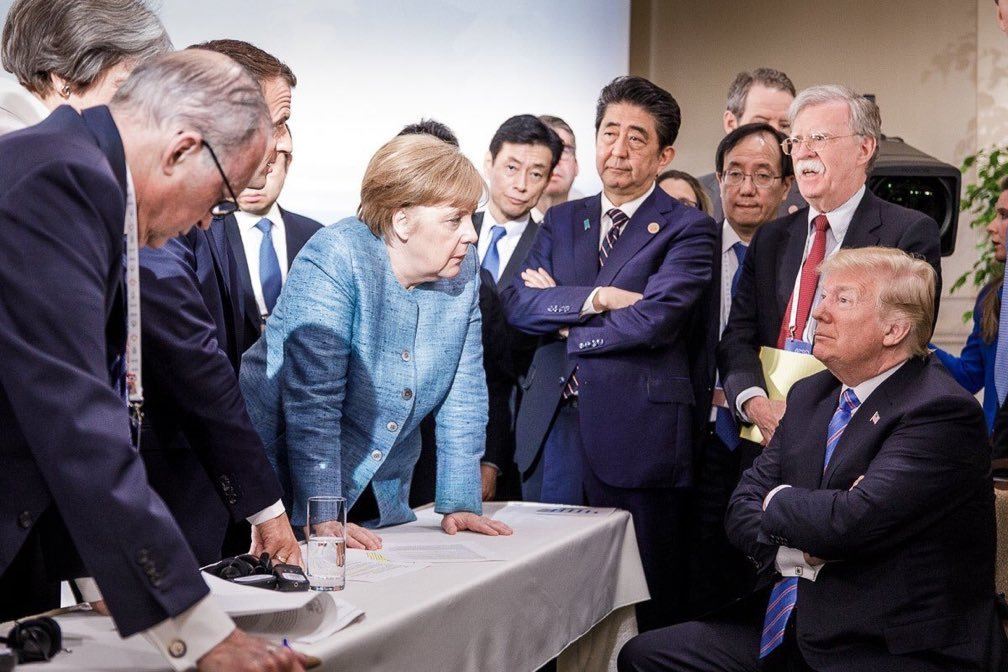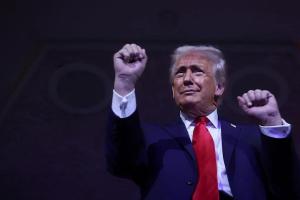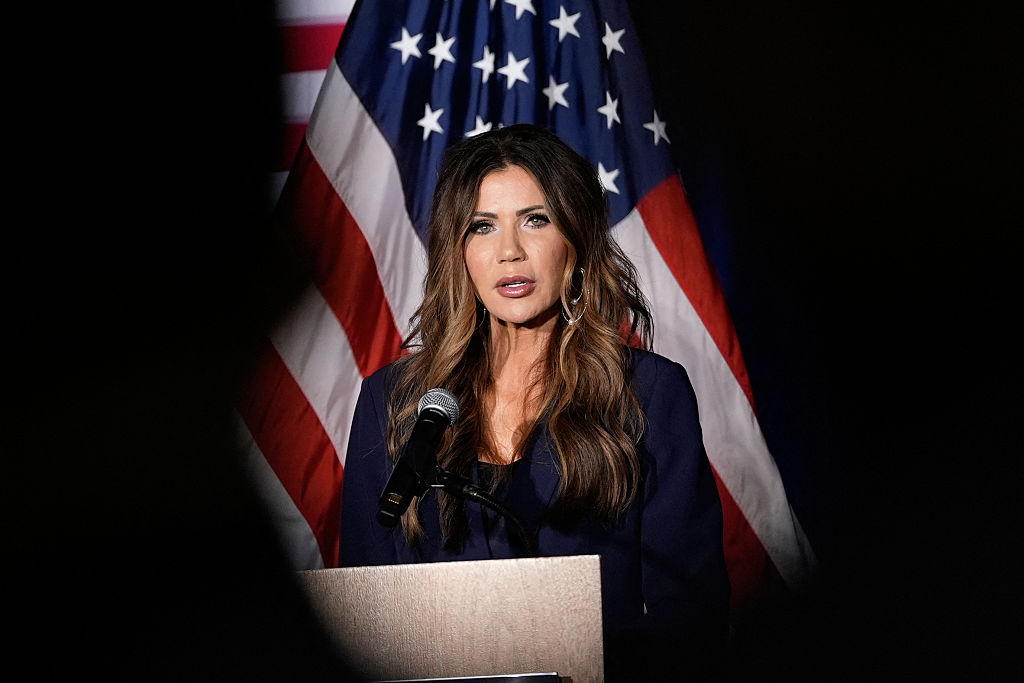What purpose do international summits serve? It’s a question well worth asking, in light of the just-concluded G7 gathering and the about-to-begin Trump-Kim meeting. With the discussion around the latter, you’d think world peace is at stake; with the coverage of the former, you might think the rule-based international order is rapidly breaking down. Neither is true, though both narratives offer plenty of fodder for the 24-hour news cycle, especially on a normally uneventful weekend.
A meeting of the leaders of the seven wealthiest advanced nations in the world might look like a big deal. And this year, a war of words erupted between two of those leaders at its conclusion. “Canadians: We’re polite, we’re reasonable, but we also will not be pushed around,” Canadian prime minister and host Justin Trudeau declared at his news conference in Quebec, after he stated his intention to put retaliatory tariffs on American imports in response to Donald Trump’s new tariffs on aluminum and steel. The president, as is his wont, took to Twitter. “PM Justin Trudeau of Canada acted so meek and mild during our @G7 meetings only to give a news conference after I left saying that, ‘US Tariffs were kind of insulting’ and he ‘will not be pushed around.’ Very dishonest & weak.” He added that the United States would be withdrawing its signature from the traditional communiqué, signed by all parties, released at the congress’s close.
People on both sides of the world’s longest border were shocked. But Trump’s rhetoric after the conference wasn’t that different from his rhetoric before it. “Prime Minister Trudeau is being so indignant, bringing up the relationship that the U.S. and Canada had over the many years and all sorts of other things…but he doesn’t bring up the fact that they charge us up to 300% on dairy — hurting our Farmers, killing our Agriculture!” Trump tweeted on Thursday, June 7, the day before the summit started.
There was plenty of bluster before and after the summit, then—but very little of it during the actual event. Sure, the president got a few stern looks when he showed up late on Saturday morning for the “women’s empowerment breakfast.” And much is being made of a photograph showing Trump and Japanese prime minister Shinzo Abe with their arms crossed as German chancellor Angela Merkel and French president Emmanuel Macron lean on a table between them and Trump, seemingly trying to convince him of something. Who knows what was actually being said at that moment?
The point is these summits are silly, often spectacularly so. When asked about his relationship with his peers at a press conference before leaving the summit early to head to Singapore to meet Kim, Trump’s tone was nothing like it had been and would be on Twitter—excepting his treatment of the inquiring reporter. “Who are you with, out of curiosity?” Trump asked after the reporter finished his question. “I figured. Fake News CNN. The worst,” Trump said when he got his reply, going on to give a fairly length answer nonetheless. “The level of the relationship is a 10. We have a great relationship: Angela and Emmanuel and Justin. I would say the relationship is a 10. I don’t blame them. I blame our past leaders for allowing this to happen,” Trump said, even pronouncing the German chancellor’s name correctly. “So you can tell that to your fake friends at CNN,” he concluded in a huffy tone.
What did Donald, Angela, Emmanuel, Justin, and the rest of gang accomplish, then, when they briefly set aside the bombast aimed, of course, not at their colleagues but their voters back home? Trudeau summarized the “very successful” summit in a tweet: “The historic and important agreement we all reached at #G7Charlevoix will help make our economies stronger & people more prosperous, protect our democracies, safeguard our environment and protect women & girls’ rights around the world. That’s what matters.” That agreement, released as the summit communiqué, is over 4,000 words long. That’s not something seven leaders—along with the head of the European Union—develop, debate, and finalize over the course of a day and a half. No international summit takes place—and I’m including the one about to start in Singapore—without detailedplanning beforehand and a general agreement on what will come out of it. There’s too much at stake to do it any other way—the risk being to reputations, not to anything as grandiose and unlikely as world peace. That’s why American diplomats and policymakers spent days talking to their North Korean counterparts in New York, Washington, Korea’s DMZ, and Singapore before even committing fully to the June 12 summit.
But a war of words is as interesting to some segments of the press as any other kind of war, and the Sunday shows were filled with discussion of the Trump-Trudeau contretemps. Peter Navarro, Trump’s strongest advocate of protectionism, ratcheted up the rhetoric on Fox News Sunday, saying, “There’s a special place in hell for any foreign leader that engages in bad faith diplomacy with President Donald J. Trump and then tries to stab him in the back on the way out the door.” Navarro claimed Trump was doing Trudeau a “favor” by simply showing up to the summit and added, “He was even willing to sign that socialist communiqué.”
That was the “historic and important” (both!) agreement Trudeau lauded. Was it really “socialist”? (A man who believes the president should dictate the terms of trade for his country’s consumers seems an odd judge of that.) I’m not sure you could use any strong adjective to describe it. Here’s point #14 in its entirety, for example: “Recognizing that countries that are more equal are also more stable, more peaceful and more democratic, we are resolved to strengthen the implementation of the Women, Peace and Security (WPS) agenda. Gender-sensitive measures that include women’s participation and perspectives to prevent and eradicate terrorism are vital to effective and sustainable results, protection from sexual and gender-based violence, and preventing other human rights abuses and violations.” Tell me one specific policy proposal that paragraph contains. Most of the communiqué was filled with such optimistic but vague language. “In order to ensure that everyone pays their fair share, we will exchange approaches and support international efforts to deliver fair, progressive, effective and efficient tax systems.” “We are resolved to ensure that all workers have access to the skills and education necessary to adapt and prosper in the new world of work brought by innovation through emerging technologies.” “We highlight the importance of working towards making social protection more effective and efficient and creating quality work environments for workers, including those in non-standard forms of work.”
Yes, the “sophomoric”—Trump economic adviser Larry Kudlow’s word on CNN’s State of the Union for Trudeau’s power play—spat is far more interesting than the 4,000-word agreement countless diplomats spent many hours crafting that was meant to summarise the summit. I suspect the personal will also be more fascinating than the political in Singapore this week.

























